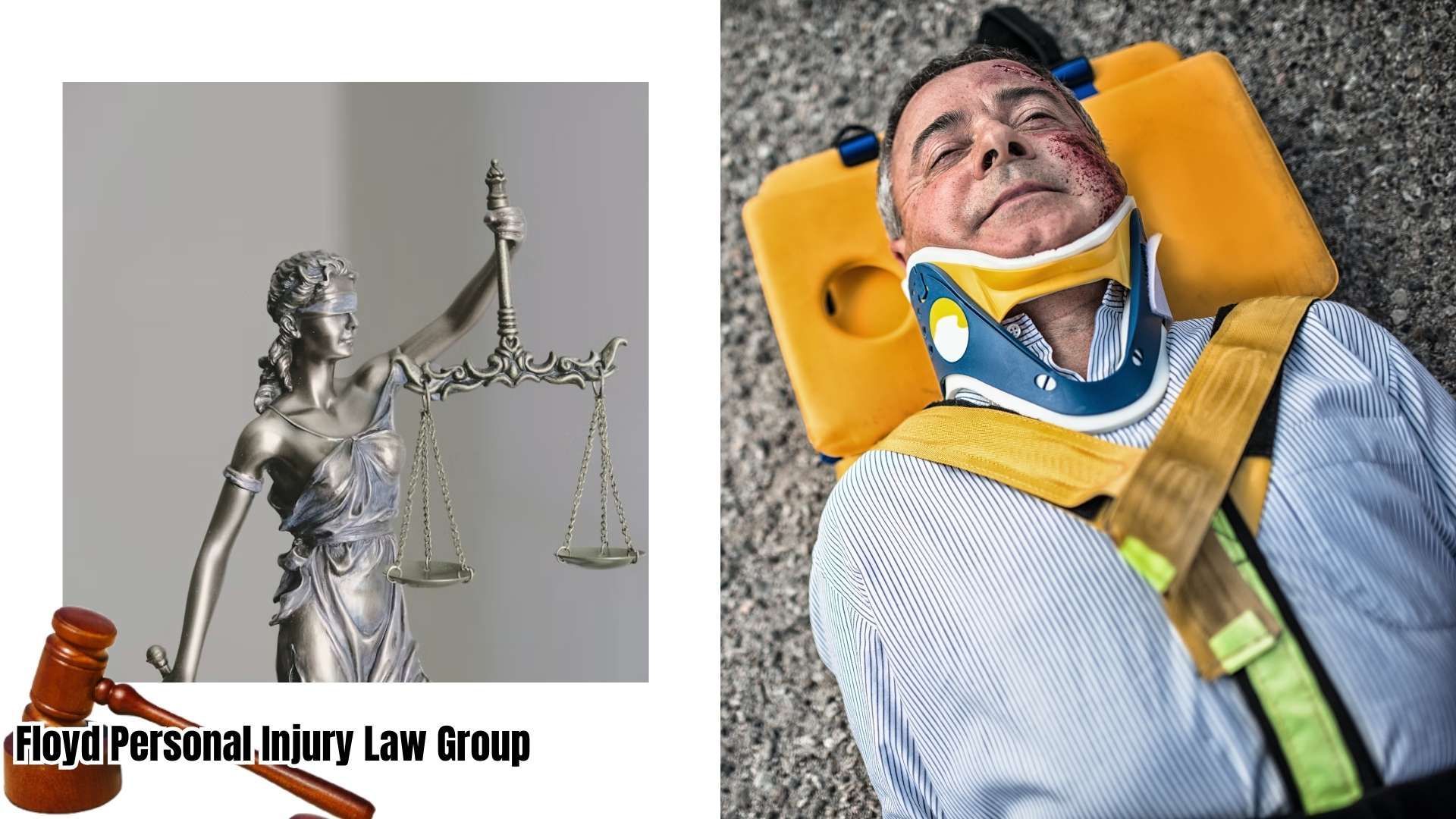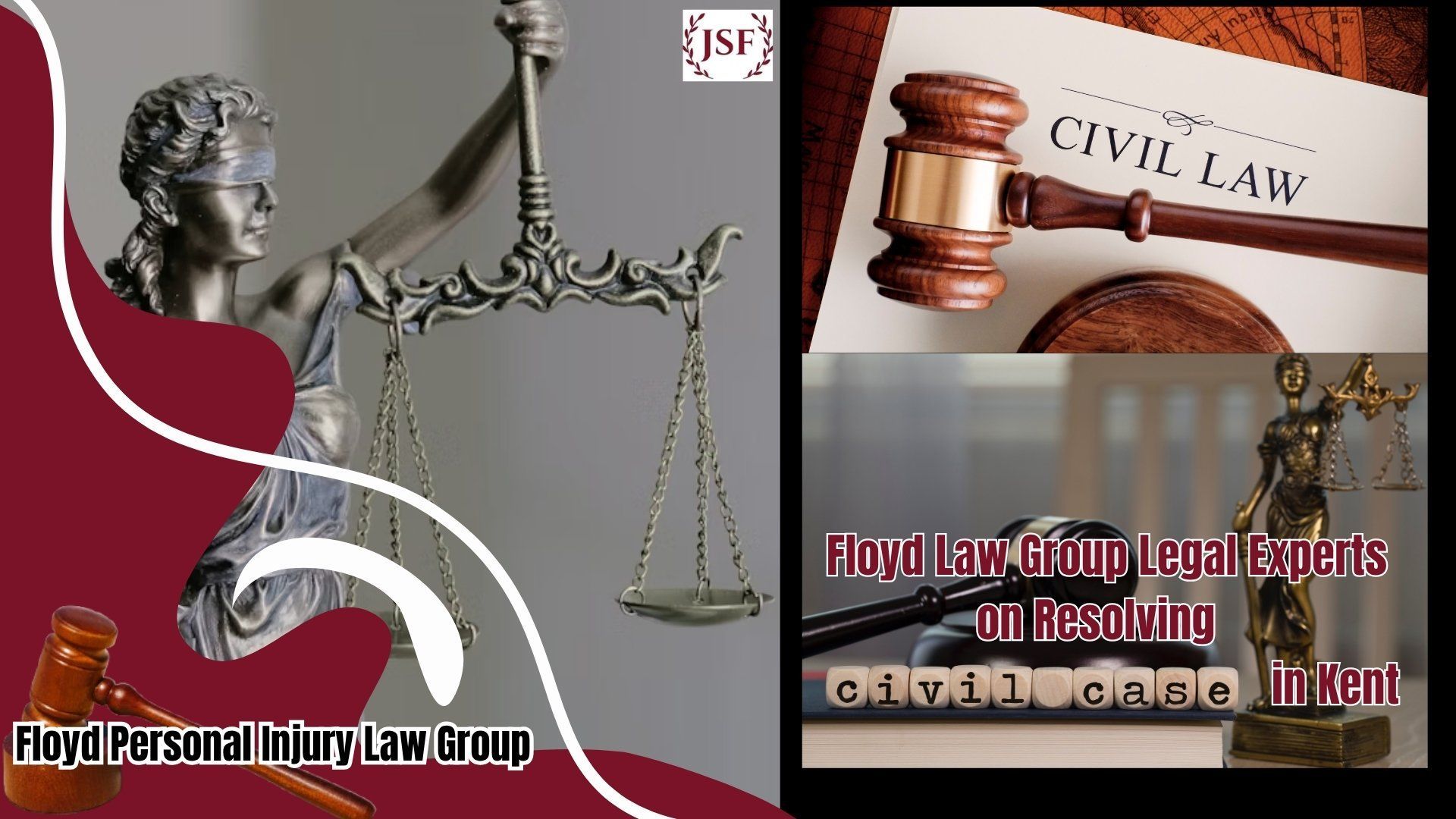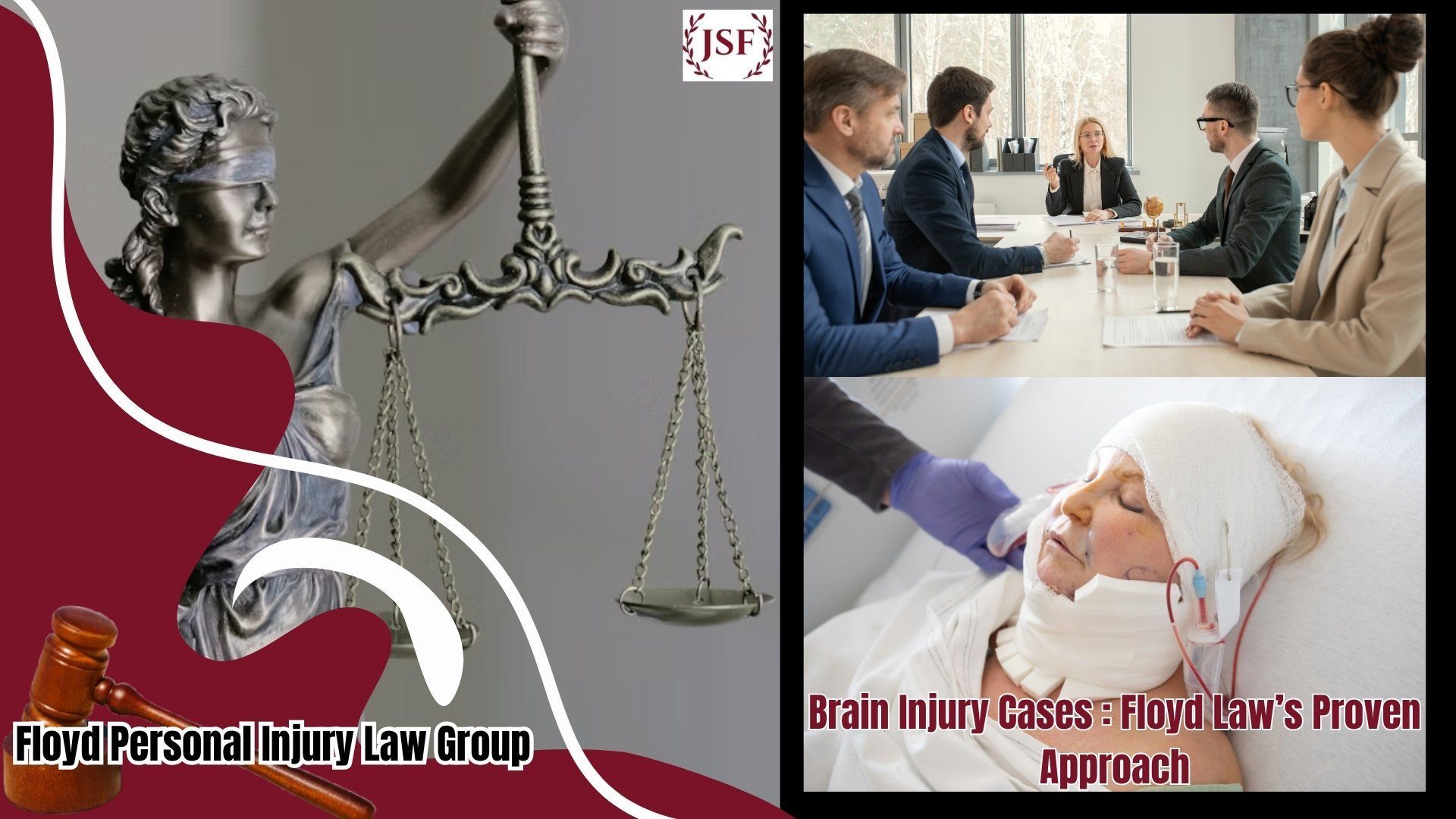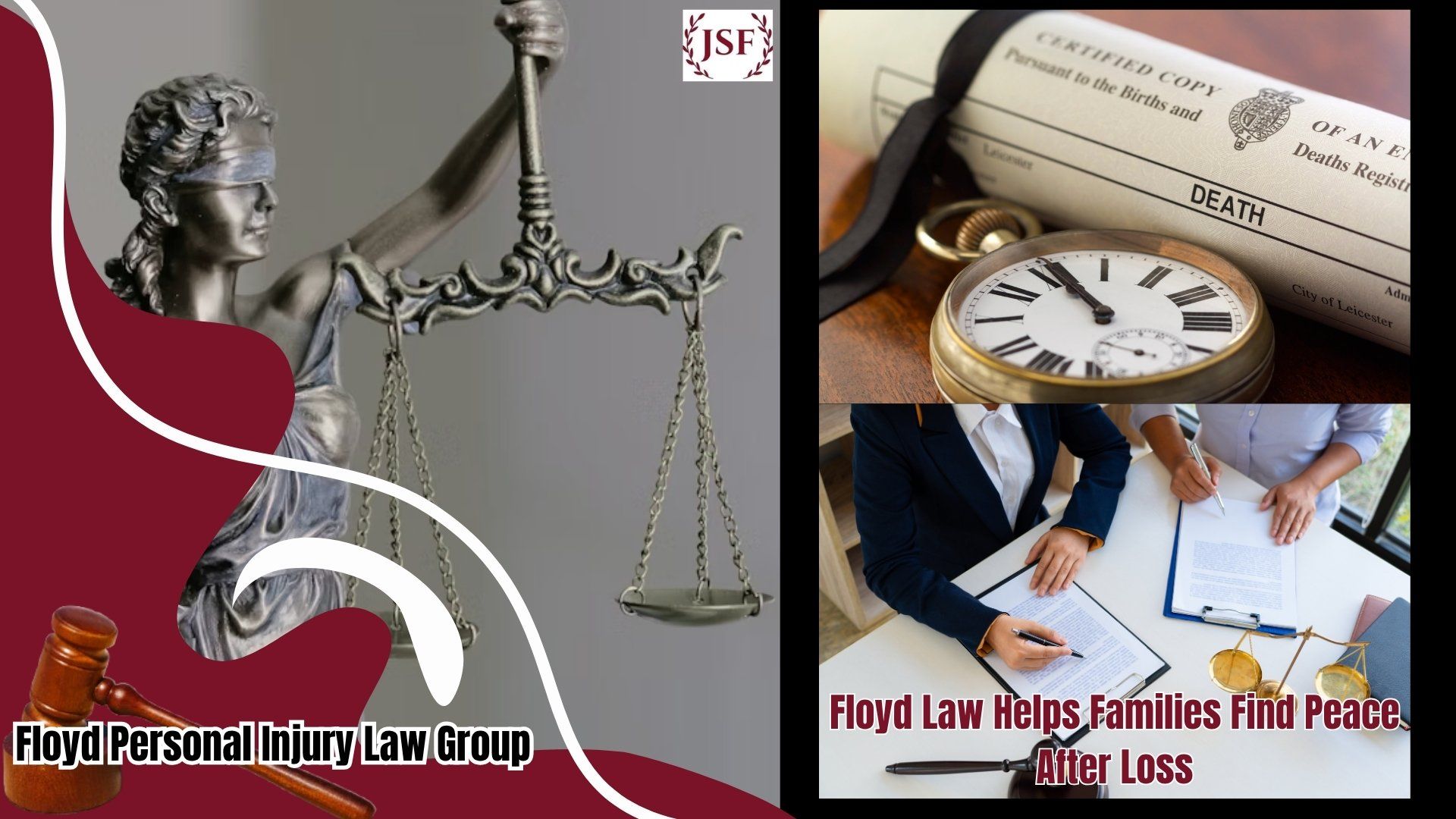Overcoming Bias Against Motorcyclists in Accident Claims
Motorcyclists often face an uphill battle after being involved in an accident. Beyond the physical and emotional trauma, they frequently encounter biases that can hinder their ability to receive fair compensation. The perception that motorcyclists are inherently reckless or responsible for their own injuries can affect how insurance companies, juries, and even police officers view the circumstances of a crash. In Washington, where motorcycle accidents are a common occurrence, these biases can result in unfair settlements or verdicts.
This blog will explore the roots of bias against motorcyclists, how it impacts accident claims, and the strategies attorneys can use to protect the rights of motorcyclists in Washington.
Common Biases Against Motorcyclists
Motorcyclists have long been subject to negative stereotypes. Many people, including those in law enforcement or the insurance industry, view motorcyclists as risk-takers who are more likely to engage in dangerous driving behaviors. Here are some of the common biases against motorcyclists:
- Stereotypes of Recklessness: Many believe motorcyclists engage in dangerous or risky driving, despite the fact that most motorcyclists follow the rules of the road.
- Overrepresentation in Fatality Statistics: While motorcycles represent a small percentage of vehicles, they account for a disproportionate number of fatalities, leading to the assumption that motorcyclists are more often at fault.
- Assumption of Speeding or Illegal Maneuvers: Drivers, insurance adjusters, and juries may assume motorcyclists are speeding or performing unsafe lane changes, even when no evidence supports this claim.
How Bias Impacts Accident Claims
In Washington, like many other states, personal injury cases are subject to the "pure comparative negligence" rule. This means that each party involved in an accident is assigned a percentage of fault, and any compensation they receive is reduced by that percentage. Unfortunately, due to bias against motorcyclists, they may be assigned a disproportionate share of the blame, even if the evidence suggests otherwise.
For example, an insurance adjuster may argue that a motorcyclist was speeding or weaving through traffic, even if there is little proof to support this claim. Additionally, juries may be more inclined to believe these accusations, as they may subconsciously associate motorcyclists with risky behavior. This bias can lead to unfair settlements or verdicts, leaving motorcyclists with less compensation than they need to cover their medical bills, lost wages, and other damages.
How an Attorney Can Overcome Bias and Protect Motorcyclists'
Hiring an experienced attorney is one of the most effective ways for motorcyclists to combat bias and secure the compensation they deserve. Attorneys who specialize in motorcycle accident cases understand the challenges their clients face and are skilled at countering the negative assumptions that often arise in these claims.
Here are a few ways attorneys can help overcome bias:
- Gathering Strong Evidence: One of the first steps an attorney will take is to gather as much evidence as possible to support the motorcyclist's claim. This can include obtaining police reports, witness statements, and traffic camera footage. Additionally, attorneys often work with accident reconstruction experts who can recreate the scene of the accident to show exactly what happened. These experts can provide crucial testimony that counters any false narratives about the motorcyclist's behavior.
- Highlighting Safety Measures: Washington requires all motorcyclists to wear helmets, and many riders also wear other protective gear, such as armored jackets, gloves, and boots. By emphasizing that the motorcyclist followed all safety regulations, attorneys can challenge the perception that the rider was reckless. This can be a powerful tool in convincing insurance adjusters or juries to view the case objectively rather than through the lens of bias.
- Challenging Misconceptions: An experienced attorney will know how to confront and dispel misconceptions about motorcyclists. During negotiations or in court, they can present statistics and expert testimony to educate the decision-makers about the realities of motorcycle riding. For example, they can point to studies showing that motorcyclists are often not at fault in multi-vehicle accidents, helping to shift the narrative away from the assumption of rider error.
- Expert Testimonies and Witness Statements:
Expert witnesses can play a critical role in combating bias. Traffic safety experts can testify about the responsibilities of both motorcyclists and other drivers on the road, providing context for the accident. Medical experts can also provide testimony on the extent of the rider's injuries, ensuring that the motorcyclist receives fair compensation for their pain and suffering. Additionally, eyewitness accounts can help build a more accurate picture of what happened and whether the motorcyclist was acting responsibly.
The Role of Washington’s Motorcycle Laws
- Helmet Use: Mandatory in Washington, helmet usage demonstrates a motorcyclist’s commitment to safety and can be crucial in proving they were not acting recklessly.
- Lane Usage and Filtering: Understanding the legal nuances of lane filtering in Washington can be key in cases where motorcyclists are accused of improper lane changes.
- Right-of-Way Rules:
Using Washington’s right-of-way laws can help show that the other driver was at fault for failing to yield to the motorcyclist.
Conclusion
Bias against motorcyclists is a significant challenge in accident claims, but it is not insurmountable. With the help of an experienced attorney from Floyd Personal Injury Law Group, motorcyclists in Washington can combat these unfair stereotypes and secure the compensation they deserve. Through meticulous evidence gathering, expert testimony, and a deep understanding of Washington’s motorcycle laws, attorneys can shift the focus away from bias and toward the facts of the case.
Motorcyclists should not have to suffer twice—first from the injuries sustained in the accident and second from the prejudice they face in the legal system. By working with a skilled legal team, they can protect their rights and ensure that justice is served.
Get Fair Representation for Your Motorcycle Accident Claim
At Floyd Personal Injury Law Group, we understand the challenges motorcyclists face when seeking justice after an accident. Don't let biases prevent you from receiving the compensation you deserve. Contact us today for a free consultation and take the first step towards overcoming bias in your accident claim.
References:
Washington Traffic Safety Commission - Motorcyclists Data
WSDOT Crash Data Portal
National Highway Traffic Safety Administration (NHTSA)
Centers for Disease Control and Prevention (CDC) - Helmet Safety











